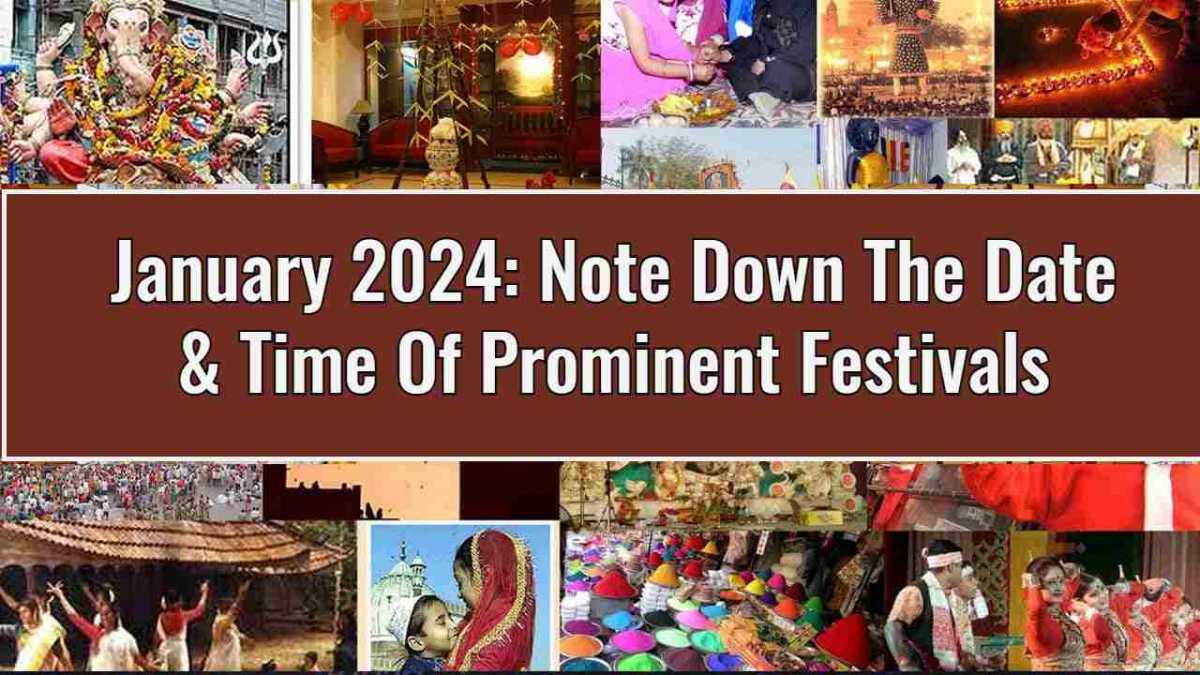World
11 January 2024 Panchang: A Guide to Hindu Calendar

January 11, 2024, marks an important date for Hindus around the world as Panchang, the Hindu calendar, unfolds for the day. Panchang, derived from the Sanskrit words ‘panch’ meaning ‘five’ and ‘anga’ meaning ‘limbs’, consists of five elements, namely Tithi (lunar day), Nakshatra (asterism), Yoga, Karana, and Vaar (weekday).
The Hindu calendar follows a lunar-based system, with each month starting on the day following a Full Moon or New Moon. Hence, the months in the Hindu calendar do not align with the Gregorian calendar.
On this day, Hindus observe the festival of Makar Sankranti, which celebrates the movement of the Sun into Capricorn (Makar Rashi) and the transition from winter to spring. Makar Sankranti holds significant religious and cultural importance in India, where various rituals and traditions are practiced.
According to astrology, the planetary positions on January 11, 2024, are as follows: Jupiter in Aries, Saturn in Taurus, Gemini Moon, Leo Sun, and Virgo ascending. These positions hold astrological implications for individuals born under different zodiac signs.
The twelve zodiac signs, Aries, Taurus, Gemini, Cancer, Leo, Virgo, Libra, Scorpio, Sagittarius, Capricorn, Aquarius, and Pisces, carry distinct astrological characteristics and are known as the ‘Rashi’ in Vedic astrology.
The Panchang also includes the movement of Rahu and Ketu, which are considered shadow planets in Hindu astrology. These planets have a significant impact on one’s life and are believed to bring both positive and negative influences depending on their positions.
It is advisable for individuals to consult the Panchang daily to align their activities, rituals, and important decisions based on the planetary positions and other factors mentioned in the calendar.
The Panchang not only serves as a guide for auspicious and inauspicious timings but also provides insights into the lunar phases, festivals, and other significant celestial events.












